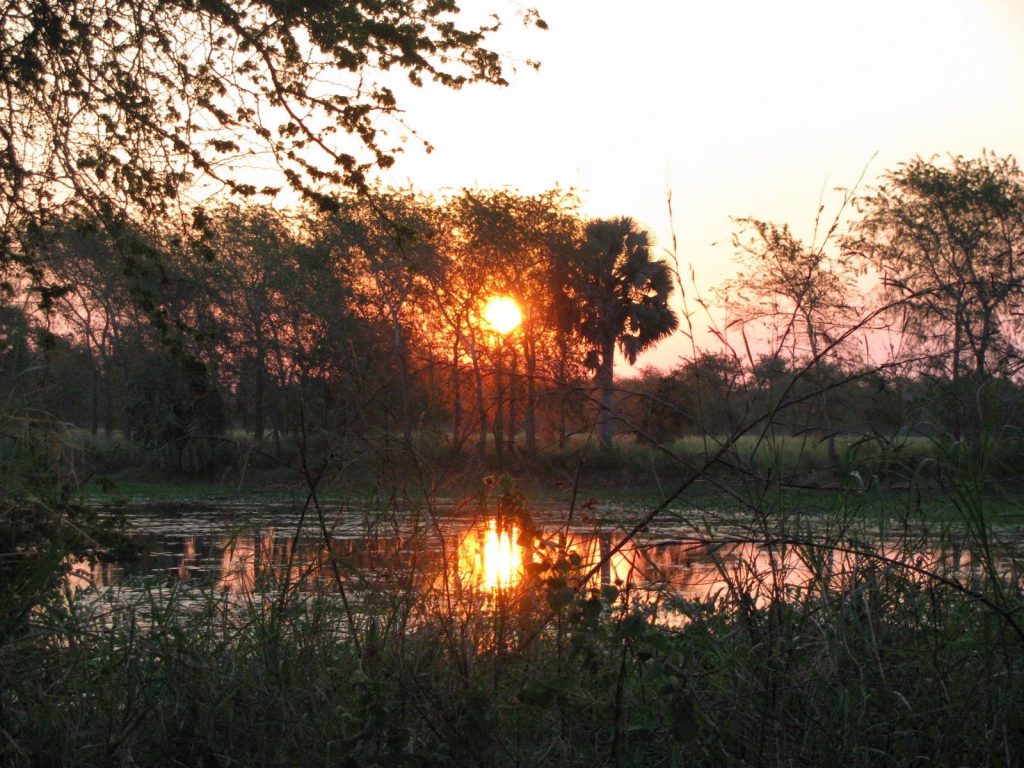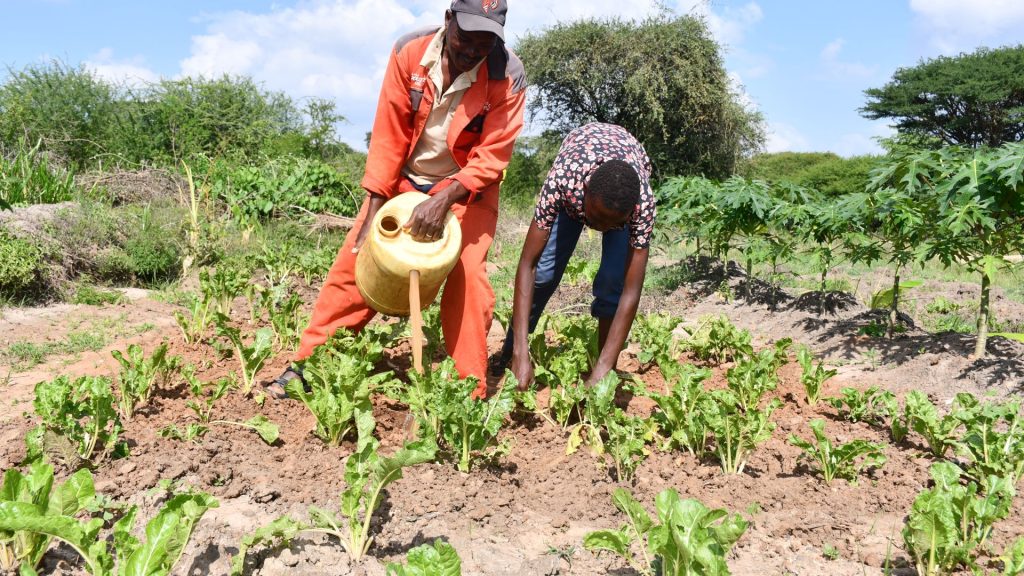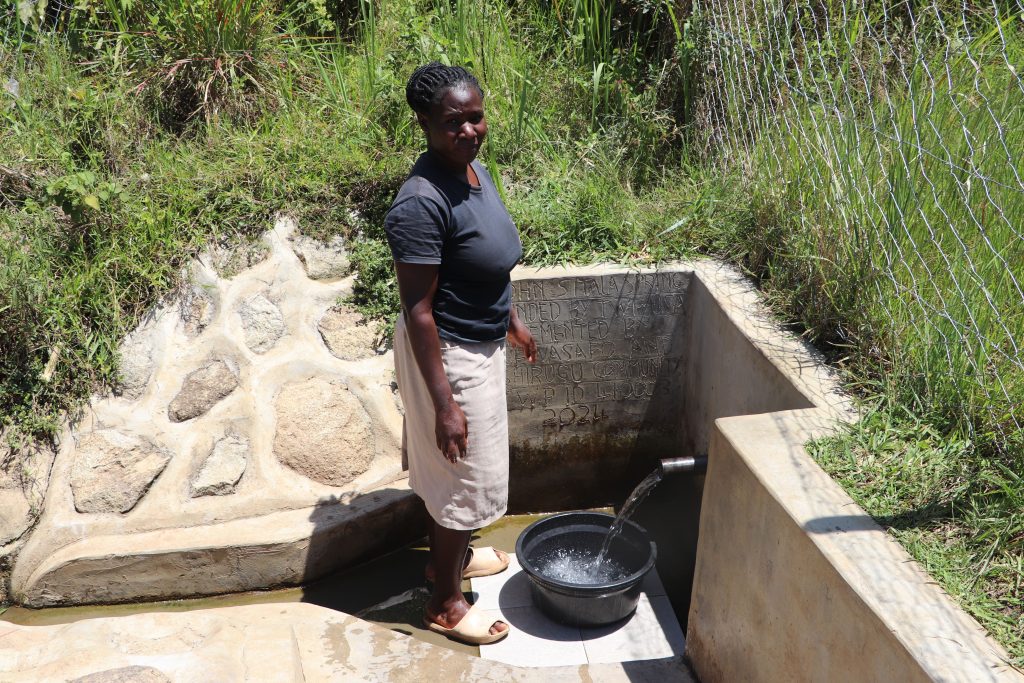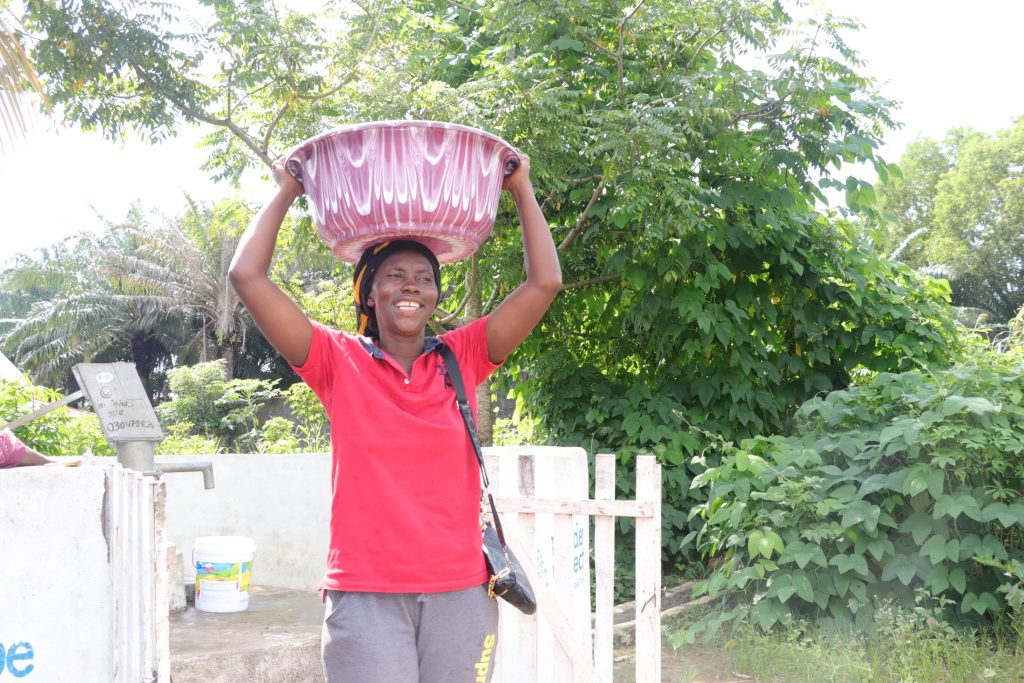The Importance of Clean Water: Reflections on My Years in Mozambique
World Gratitude Day is an opportunity to pause and reflect on the many things in our lives that we often take for granted. Gratitude, at its core, is a strong feeling of appreciation for something. In my life, one of my greatest sources of gratitude is clean water.

In the mid-1990s, my husband and I moved to central Mozambique to care for orphans — we had the desire to make a difference and enough naivety to land us in a country still recovering from the ravages of a brutal 15-year civil war. Mozambique was beautiful but scarred — its roads were blown up, burned-out vehicles littered the landscape, and people carried the weight of years of suffering. Medical centers and stores were crumbling and barren, the country’s wildlife was nearly nonexistent, and the infrastructure was decimated.
Needless to say, our first year in Mozambique was challenging, but unlike most people in the country at the time, we did not have to worry about access to clean water. We lived at an orphanage where a borehole well had been drilled just before our arrival, thanks to a generous investment from abroad. We simply took our bucket to the water tower, turned on the tap, and filled it with clean water. It was a lifeline that most people in the country did not have.
Over the subsequent years, as we moved to other locations throughout Mozambique, we realized how vital clean water truly was to survival—and how fortunate we had been to have it previously. Without access to clean water, our daily routine became consumed with finding water.
We used water from various sources — unprotected wells, delivered by truck from unknown sources, the rudimentary municipal system, which was sporadic at best, and bottled water when it was available. It was always a struggle. The water we consumed wasn’t guaranteed to be safe, even though we did our best to filter it, and every drop we used was accounted for and precious.
This experience gave us a new and profound gratitude for something as basic as water. The challenges our family of four faced to complete daily tasks — whether it was doing laundry, cleaning, bathing, or cooking — required significant effort that stole our time and consumed our physical and mental energy.
We had an advantage compared to most of the people we lived near. Most did not have the luxury of owning their own means of transportation, and could not afford the costs related to water delivery, use of the municipal system, purchasing bottled water, or an expensive water filter to minimize contaminants. They not only relied on water to drink and complete their daily tasks, but they also needed it to survive, as most were subsistence farmers.
Clean water, something that many of us take for granted, is not a presumed commodity for millions of people worldwide who still feel the effects of not having it every day.
In my work as a report writer at The Water Project, I have the privilege of hearing community members’ stories from the countries where we work. When they express gratitude about their newfound access to clean water and for those who make it possible, I’m delighted, because I truly know how much of an impact it is making in their daily lives.
“Clean water makes everything smoother — cooking, cleaning, and even enjoying a refreshing glass on a hot day feels like a gift. It’s one of those things that can be easy to take for granted, but I’m deeply grateful for it every day,” shared 56-year-old Nzula Musyoki, a resident of the Kitile Community.

For Nzula and others like him, clean water is a life-changing necessity that empowers them to lead healthier, more productive lives.
“The best thing about living with clean water is that there is an improvement in the quality of our lives,” said Sarah Wanjala, a 28-year-old farmer in Shirugu, Kenya.

Adama Bah, 37, of the Rotifunk Community in Sierra Leone, shared the same sentiment. “Today, with this water well, I am able to do a lot of things at home and also have more time to pay attention to my trade. Thank God for that. I’m grateful to all those who made it possible.”

When I think about our experiences in Mozambique and the challenges we faced to secure clean water, I’m reminded that water is not a given for everyone, especially those without the same privileges and opportunities.
Now, even many years later, when we turn on a tap to fill a glass, wash our hands, do laundry, or take a shower, we are reminded of how fortunate we are to have clean water readily available. It’s easy to forget that in many parts of the world, the simple act of turning on a faucet isn’t something people can rely on; however, practicing gratitude and choosing to remember is a simple, daily practice that we can cultivate in our hearts and minds. A choice to shift our perspective and recognize the gifts we’ve been given.
I encourage you to pause for a moment and reflect on the many gifts you have — especially the gift of clean water. I am proud to say I work for an organization that delivers that gift each and every day.
Home More Like ThisTweet